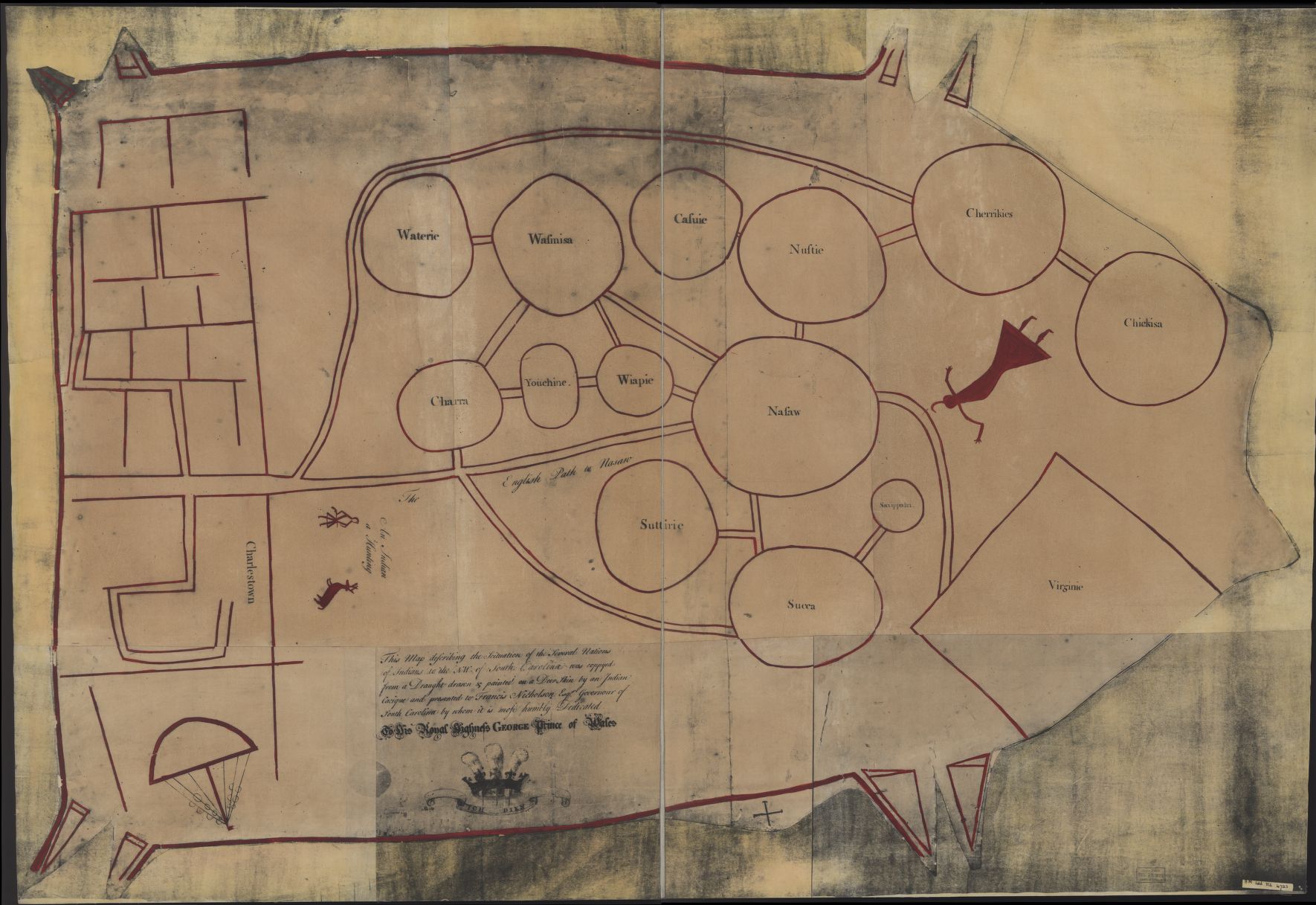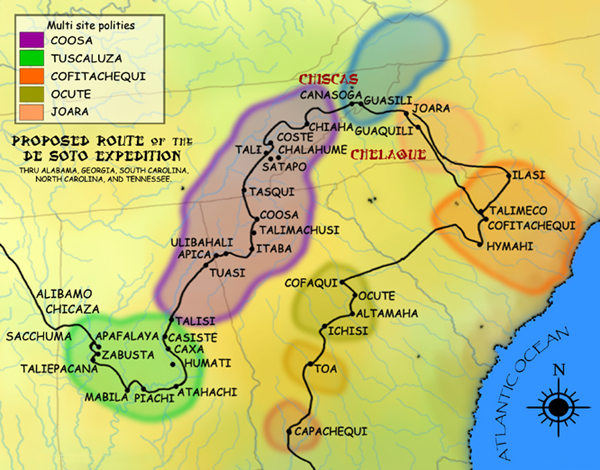|
Helen Cole
Helen TeAta Gale Cole (July 13, 1922 – April 7, 2004) was an American politician who served in the Oklahoma House of Representatives from 1979 to 1984, when she was first elected to the Oklahoma Senate. Cole returned to the state senate in 1991 and was succeeded by Kathleen Wilcoxson in 1997. Her son, Tom Cole, is the longest-serving Native American in the history of the United States Congress. Early life and education Helen TeAta Gale was born in Tishomingo, Oklahoma, on July 13, 1922, to William Oakley Gale and Avis Minnette Fifield (Thompson). She was raised in a single-parent household and graduated from Ardmore High School in 1939. Career Cole was active in several local civic and political organizations, and contributed to the successful gubernatorial campaigns of Henry Bellmon and Dewey Bartlett. Cole was named a delegate to the 1968 Republican National Convention, and Bartlett appointed her to the Oklahoma Personnel Board. Cole then ran for a seat on the Oklah ... [...More Info...] [...Related Items...] OR: [Wikipedia] [Google] [Baidu] |
Tom Cole
Thomas Jeffery Cole (born April 28, 1949) is the U.S. representative for , serving since 2003. He is a member of the Republican Party and serves as Deputy Minority Whip. The chairman of the National Republican Congressional Committee (NRCC) from 2006 to 2008, he was, during his tenure, the fourth-ranking Republican leader in the House. A member of the Chickasaw Nation, Cole is one of five Native Americans in Congress who are enrolled tribal members. The others are fellow Republicans Markwayne Mullin, also of Oklahoma (Cherokee), Yvette Herrell of New Mexico (also Cherokee), and Democrats Sharice Davids of Kansas (Ho-Chunk) and Mary Peltola of Alaska ( Yupik). In 2022, Cole became the longest-serving Native American in the history of Congress. Early life, education, and academic career Cole was born in Shreveport, Louisiana, the son of John D. Cole and Helen Te Ata (née Gale), who was the first Native American elected to the Oklahoma Senate. They returned to Oklahoma, whe ... [...More Info...] [...Related Items...] OR: [Wikipedia] [Google] [Baidu] |
Chickasaw
The Chickasaw ( ) are an indigenous people of the Southeastern Woodlands. Their traditional territory was in the Southeastern United States of Mississippi, Alabama, and Tennessee as well in southwestern Kentucky. Their language is classified as a member of the Muskogean language family. In the present day, they are organized as the federally recognized Chickasaw Nation. Chickasaw people have a migration story in which they moved from a land west of the Mississippi River, where they settled mostly in present-day northeast Mississippi, northwest Alabama, and into Lawrence County, Tennessee. They had interaction with French, English, and Spanish colonists during the colonial period. The United States considered the Chickasaw one of the Five Civilized Tribes of the Southeast, as they adopted numerous practices of European Americans. Resisting European-American settlers encroaching on their territory, they were forced by the U.S. government to sell their traditional land ... [...More Info...] [...Related Items...] OR: [Wikipedia] [Google] [Baidu] |
Native American Women In Politics
Native may refer to: People * Jus soli, citizenship by right of birth * Indigenous peoples, peoples with a set of specific rights based on their historical ties to a particular territory ** Native Americans (other) In arts and entertainment * Native (band), a French R&B band * Native (comics), a character in the X-Men comics universe * ''Native'' (album), a 2013 album by OneRepublic * ''Native'' (2016 film), a British science fiction film * ''The Native'', a Nigerian music magazine In science * Native (computing), software or data formats supported by a certain system * Native language, the language(s) a person has learned from birth * Native metal, any metal that is found in its metallic form, either pure or as an alloy, in nature * Native species, a species whose presence in a region is the result of only natural processes Other uses * Northeast Arizona Technological Institute of Vocational Education (NATIVE), a technology school district in the Arizona portion ... [...More Info...] [...Related Items...] OR: [Wikipedia] [Google] [Baidu] |
Chickasaw Nation State Legislators In Oklahoma
The Chickasaw ( ) are an indigenous people of the Southeastern Woodlands. Their traditional territory was in the Southeastern United States of Mississippi, Alabama, and Tennessee as well in southwestern Kentucky. Their language is classified as a member of the Muskogean language family. In the present day, they are organized as the federally recognized Chickasaw Nation. Chickasaw people have a migration story in which they moved from a land west of the Mississippi River, where they settled mostly in present-day northeast Mississippi, northwest Alabama, and into Lawrence County, Tennessee. They had interaction with French, English, and Spanish colonists during the colonial period. The United States considered the Chickasaw one of the Five Civilized Tribes of the Southeast, as they adopted numerous practices of European Americans. Resisting European-American settlers encroaching on their territory, they were forced by the U.S. government to sell their traditional lands in the 18 ... [...More Info...] [...Related Items...] OR: [Wikipedia] [Google] [Baidu] |
Chickasaw People Of Choctaw Descent
The Chickasaw ( ) are an indigenous people of the Southeastern Woodlands. Their traditional territory was in the Southeastern United States of Mississippi, Alabama, and Tennessee as well in southwestern Kentucky. Their language is classified as a member of the Muskogean language family. In the present day, they are organized as the federally recognized Chickasaw Nation. Chickasaw people have a migration story in which they moved from a land west of the Mississippi River, where they settled mostly in present-day northeast Mississippi, northwest Alabama, and into Lawrence County, Tennessee. They had interaction with French, English, and Spanish colonists during the colonial period. The United States considered the Chickasaw one of the Five Civilized Tribes of the Southeast, as they adopted numerous practices of European Americans. Resisting European-American settlers encroaching on their territory, they were forced by the U.S. government to sell their traditional lands in the 18 ... [...More Info...] [...Related Items...] OR: [Wikipedia] [Google] [Baidu] |
21st-century Native American Women
The 1st century was the century spanning AD 1 ( I) through AD 100 ( C) according to the Julian calendar. It is often written as the or to distinguish it from the 1st century BC (or BCE) which preceded it. The 1st century is considered part of the Classical era, epoch, or historical period. The 1st century also saw the appearance of Christianity. During this period, Europe, North Africa and the Near East fell under increasing domination by the Roman Empire, which continued expanding, most notably conquering Britain under the emperor Claudius (AD 43). The reforms introduced by Augustus during his long reign stabilized the empire after the turmoil of the previous century's civil wars. Later in the century the Julio-Claudian dynasty, which had been founded by Augustus, came to an end with the suicide of Nero in AD 68. There followed the famous Year of Four Emperors, a brief period of civil war and instability, which was finally brought to an end by Vespasian, ninth Roman emperor ... [...More Info...] [...Related Items...] OR: [Wikipedia] [Google] [Baidu] |
21st-century Native Americans
The 1st century was the century spanning AD 1 ( I) through AD 100 ( C) according to the Julian calendar. It is often written as the or to distinguish it from the 1st century BC (or BCE) which preceded it. The 1st century is considered part of the Classical era, epoch, or historical period. The 1st century also saw the appearance of Christianity. During this period, Europe, North Africa and the Near East fell under increasing domination by the Roman Empire, which continued expanding, most notably conquering Britain under the emperor Claudius (AD 43). The reforms introduced by Augustus during his long reign stabilized the empire after the turmoil of the previous century's civil wars. Later in the century the Julio-Claudian dynasty, which had been founded by Augustus, came to an end with the suicide of Nero in AD 68. There followed the famous Year of Four Emperors, a brief period of civil war and instability, which was finally brought to an end by Vespasian, ninth Roman emper ... [...More Info...] [...Related Items...] OR: [Wikipedia] [Google] [Baidu] |





